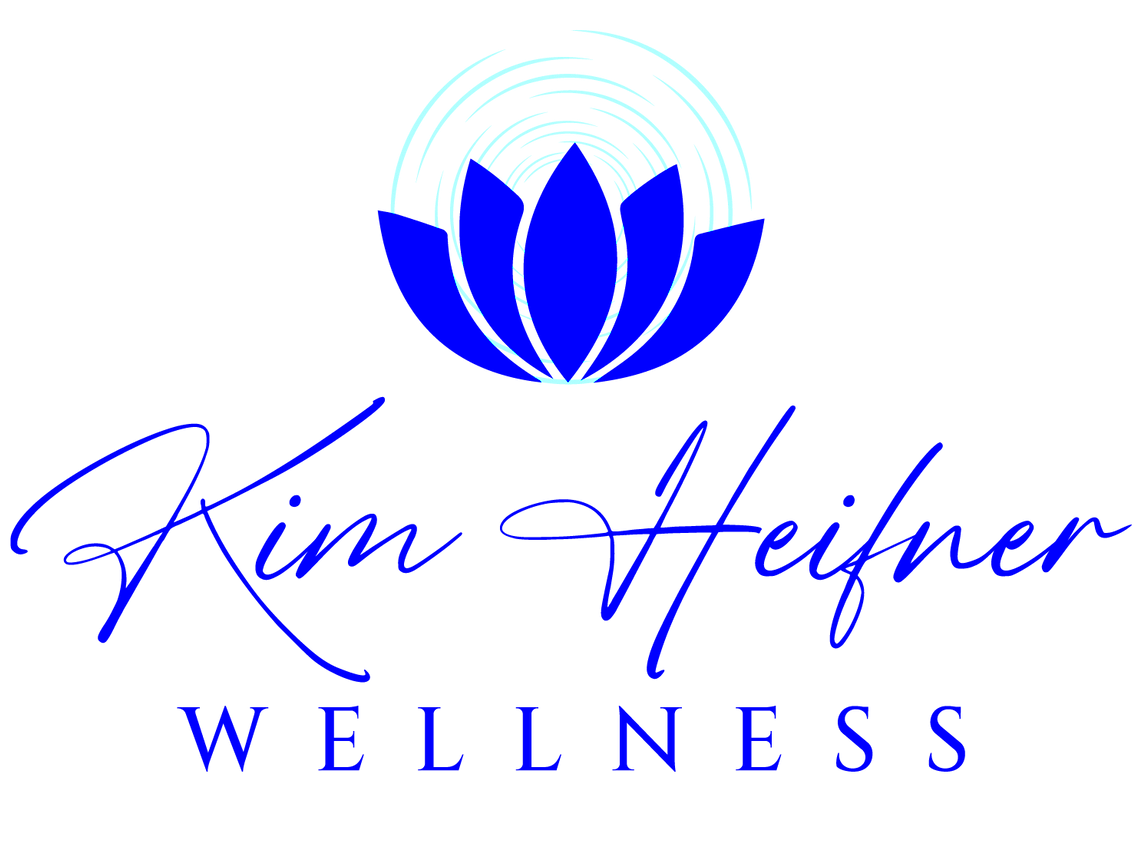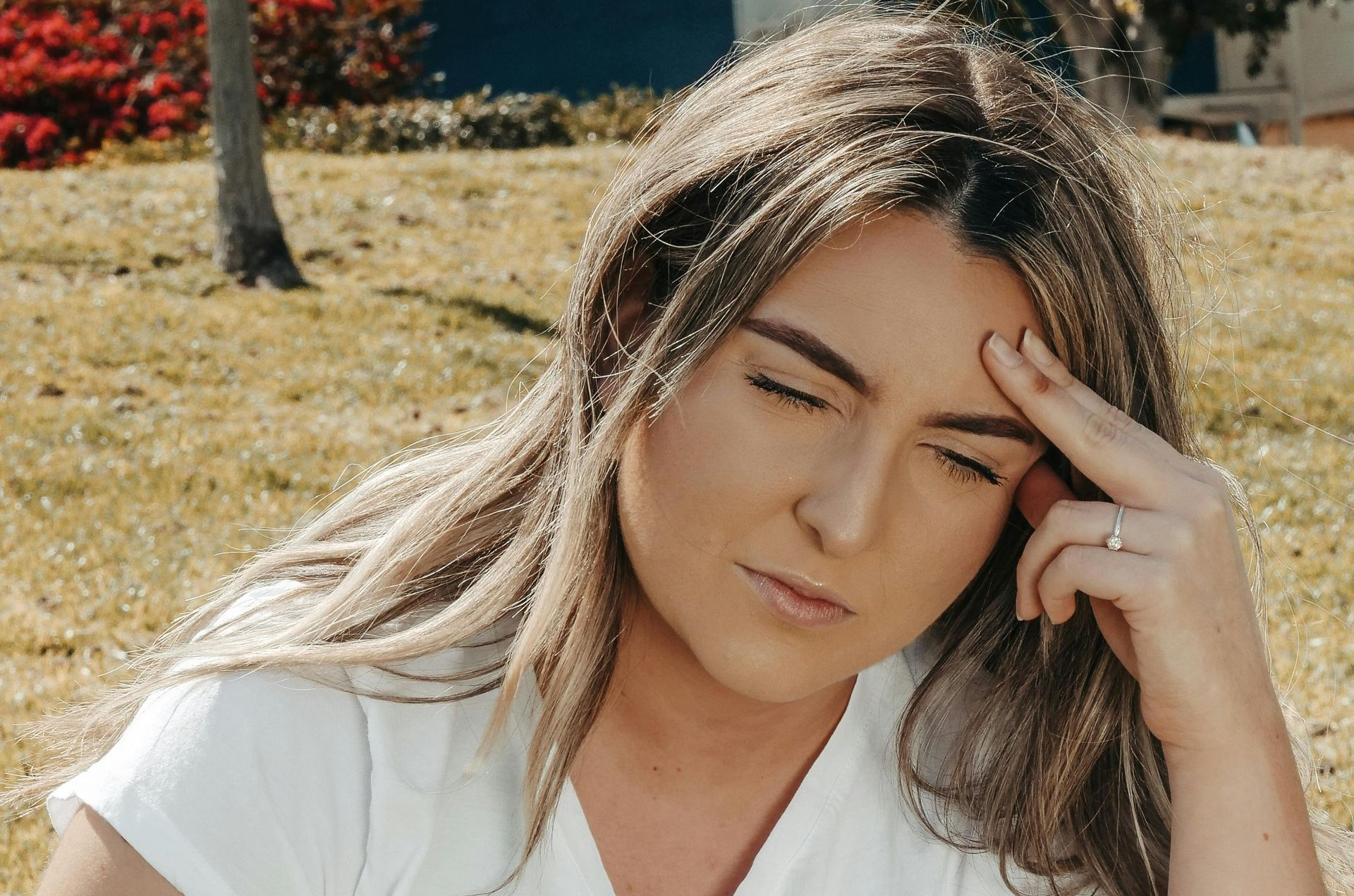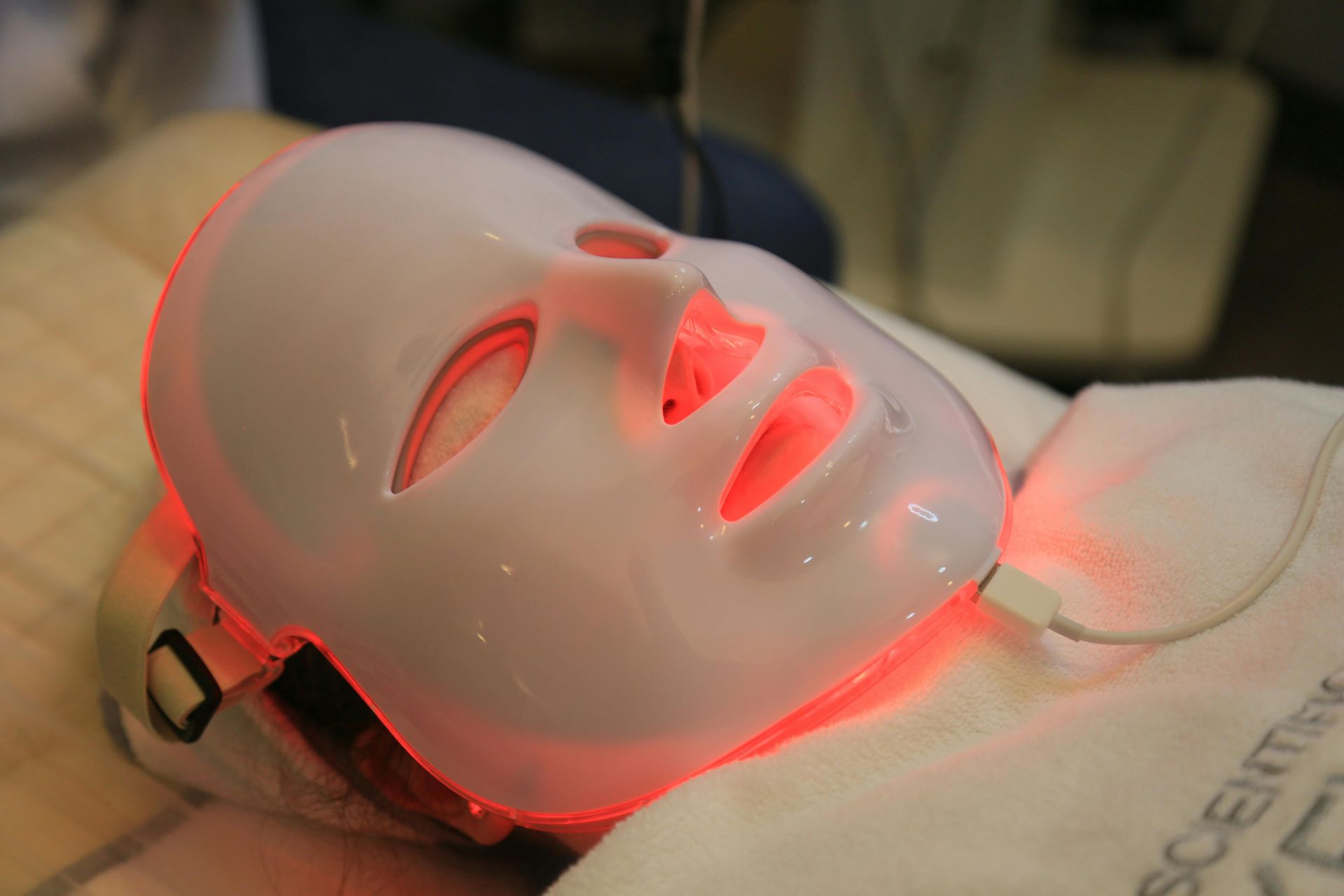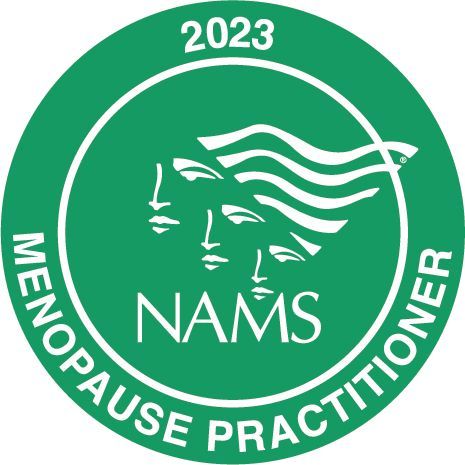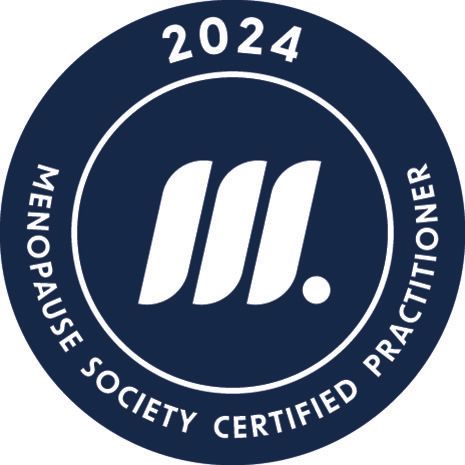Rewriting the Menopause Story for Today’s Woman

Introduction
Menopause was once spoken about in whispers- a dreaded end, marked by loss and decline. But today’s midlife woman stands on the edge of a radical transformation. The science, the stories, and our entire mindset around menopause have shifted. This isn’t your mother’s menopause. It’s a season of power, purpose, and possibility- one where evidence, not fear, sets you free!
The Evolution of Menopause: From Stigma to Strength
Past Paradigms
- Menopause in our mothers’ era was viewed as an affliction- a “deficiency disease” to suffer or fear.
- Symptoms such as hot flashes, insomnia, and mood swings were frequently overlooked or suffered in silence. Women believed, and were often advised, that they would simply "get through it" or that it was merely a natural aspect of "aging."
- Hormone therapy (HT), which was once a common recommendation, faced significant backlash following early 2000s studies such as the Women’s Health Initiative (WHI), which alerted the public to potential risks of breast cancer and heart disease. As a result, many women stopped their treatments, leading to a period of confusion in healthcare for years. Even with newer research and updated findings, HT continues to be a contentious issue, particularly on social media! Women often fluctuate between the opinions of allowing "aging to take its natural course, avoiding the medicalization of menopause, believing HT causes cancer, or simply opting for melatonin to address sleep disturbances and early awakenings!" As a board-certified medical provider in HT and menopause, I frequently encounter accusations of promoting a business model that relies solely on HT and favors "big pharma!" What? Those who follow my work or have consulted with me know that my mission is to present all available options and engage in shared decision-making regarding treatment plans. I am deeply committed to fostering a positive mindset, encouraging healthy habits, nutrition, lifestyle choices, nurturing relationships, and reducing stress- especially since these elements have profoundly impacted my personal life and career! Now, let’s shift our focus from outdated beliefs to the development of new perspectives!
Breaking the Mold: New Belief Systems
- Today, menopause is increasingly acknowledged as a powerful transition- not an ending, but a reimagining of self.
- Women want evidence-based, nuanced answers; they want tools for growth, not survival. Women no longer want to hear, "you just have to get through it!"
- Myths that menopause signals “irreversible decline” are being debunked, and a new, hope-filled narrative is emerging.
Menopause 2.0: What the Latest Evidence Says
What’s Different About Today’s Menopause?
- We recognize midlife is a time for reinvention, not resignation. Health, sexuality, career, and connection can all expand post-menopause. Based on Napoleon Hill's philosophy (author of "Think and Grow Rich") some of our best and most productive years can be in our 50s and beyond, and I happen to agree!
- Modern research emphasizes quality of life, brain health, bone strength, and personal agency- not just hot flashes. We have one life to live, and we deserve to experience it at the highest possible quality, being the healthiest, happiest, and most vibrant versions of ourselves!
Hormonal Options: The New Evidence
Hormone Therapy (HT)
- Now: Tailored and Safe for Many
- Recent studies show that, for most healthy women under 60 or within 10 years of menopause onset, the benefits of estrogen therapy (with or without progesterone) often outweigh the risks. In fact, UptoDate says that hormone therapy in a woman's 50s poses very, very low risk for breast cancer. In addition, those who have undergone a hysterectomy, estrogen only therapy poses very low risk as well.
- HT relieves vasomotor symptoms, prevents bone loss, improves sleep and mood, and may reduce diabetes risk.
- Risks (breast cancer, clot, stroke) are lower with transdermal (patch/gel) routes and when therapy is started earlier in the menopausal transition.
- Newer options include low-dose and body-identical formulations, individualized for each woman.
- What’s Changed?
- We now move away from “one-size-fits-all” approach. In the past, a "one-size-fits-all" approach to estrogen dosing in postmenopausal women was used, for example, all women were started on the same dose ("standard doses"). This was most commonly CEE 0.625 mg in the past, but estradiol preparations are more commonly used now. If symptoms were relieved, the dose was continued indefinitely. However, the current approach is to start with lower doses, such as transdermal estradiol (0.025 mg) or oral estradiol (0.5 mg/day), and titrate up to relieve symptoms. However, my focus is on shared decision-making, symptom severity, and personal history. A woman having severe hot flashes seven times a day may require a higher starting dose for faster and adequate symptom relief!
- Testosterone (at low, physiologic dosages) and non-oral estrogen patches/gels are emerging as safe add-ons for select women seeking improved sexual function and vitality. I am an advocate for testosterone therapy, but I have yet to find any evidence-based research supporting the need for higher doses in women, nor have I observed in practice that "more is always better!" Many women have approached me after receiving testosterone injections or pellets, often with blood levels exceeding those of men, yet they still report a complete lack of libido, along with issues like hair loss and unwanted chin hair. Ensuring safety and balance is essential when it comes to prescribing these potent, yet beneficial hormones.
Non-Hormonal Options: Whole-Person, Evidence-Driven Care
- SSRIs and SNRIs: Some antidepressants reduce hot flashes and boost mood.
- Veozah (fezolinetant): New oral, non-hormonal therapy that targets hot flashes through the brain’s temperature regulation system.
- Gabapentinoids: Can be effective for sleep and night sweats.
- Cognitive Behavioral Therapy (CBT): Supports mood, sleep, coping, and sexual health. This tool can be powerful, but is often undervalued and underutilized.
- Lifestyle Upgrades:
- Exercise and strength-training helps with sleep, stress, weight, joints, and keeping us strong and independent as we age!
- Mind-Body Practices (yoga, meditation, mindfulness) ease anxiety, brain fog, and pain. In the research, these have not been shown to reduce hot flashes or night sweats, but are powerful tools for stress reduction, optimizing health, and well-being.
- Nutrition: Fiber, protein, calcium, vitamin D, and colorful plant foods for bones, brain, and optimizing the gut microbiome. Minimizing ultra-processed foods, sugar, and alcohol benefits overall health.
- Herbal and Supplement Support: The recent position statement from The Menopause Society indicates that there is insufficient evidence to endorse herbal products and supplements. Nonetheless, this does not imply they lack potential benefits; rather, the advantages observed were not significant enough compared to a placebo to recommend them. It is always wise to consult with a knowledgeable provider, such as myself, for guidance.
Past Research vs. The New Horizon
From the 1960s to the 1990s, menopause was predominantly perceived as a sickness or a deficiency. This perspective was heavily shaped by the medicalization of menopause, driven in part by the emergence of HT, and the widespread popularity of books such as Robert A. Wilson's Feminine Forever (1966). HT was nearly universally prescribed, often overlooking individual differences- leading to generalized approaches and insufficient personalized care. During that time, there was a notable absence of nuance, and the focus was excessively placed on a “one-size-fits-all” treatment model.
The 2000s ushered in a new era after the Women’s Health Initiative (WHI) study. During this time, HT was regarded as dangerous, and both patients and clinicians grew fearful, leading to confusion and widespread treatment avoidance. The approach to menopause became dominated by concerns about risk- often without considering individual needs, age, type of therapy, or timing. Emerging research since then has revealed that these factors matter greatly, and nuanced risk assessment is now recognized as essential to good care.
Today, the paradigm has completely transformed. Menopause is now seen as an opportunity for growth, empowerment, and the harmonious blending of science and soul. This fresh perspective is not prescriptive, instead, it acknowledges the multitude of evidence-based choices available to support women, such as HT, non-hormonal treatments, lifestyle modifications, and mindset enhancement. Care has become symptom-focused and genuinely personalized, encouraging women to engage actively and optimistically in their health journeys. Moreover, there is a strong emphasis on disease prevention, enhancing quality of life, achieving optimal health, and extending lifespan.
A New Mantra: “If We Aren’t Growing, We Are Dying”
Menopause is a portal, not a prison. The latest research gives us choices our mothers never knew- not just to cope, but to thrive.
- Every symptom- hot flashes, brain fog, restless sleep- is your body calling for care, not condemnation. These symptoms should not be viewed as "personal failings" tied to lifestyle choices, despite what is often suggested on social media and by those opposed to HT and other treatments beyond diet, lifestyle, and supplements!
- You get to choose what your next act looks like. Evidence-based medicine is your toolkit, but hope is your engine.
- The women's health revolution is about embracing “YES” to growth, vitality, curiosity, and connection. We are individuals in search of hope and expansion, not confined by a closed mindset filled with outdated notions on how to merely "survive" menopause. The reality is, as my incredible mentor Bob Proctor, though he is no longer with us often stated, "if we aren't growing, we are dying." I would add that we can either flourish or decline; aging is inevitable either way. How we approach and perceive menopause influences our potential to thrive and live vibrantly during these transformative years!
Inspiration for the Next Generation
- You are not defined by your mother’s menopause. While her menopausal age and experience can offer some insights into what you might expect, they are not definitive indicators. You are a pioneer, empowered by new science and the wisdom of your own experience.
- Embrace this phase: explore new passions, cultivate deeper relationships, question outdated beliefs, and advocate for care that recognizes you as the authority of your own body.
Final Word
The transition through menopause is not a conclusion, but rather a chance for personal development. Remember this: "if we aren’t growing, we are dying." Embrace growth. Embrace hope. Embrace learning. Embrace updated, evidence-based knowledge. Choose a midlife that is resilient, unapologetically authentic, and unequivocally yours!
If you’re looking for guidance or prefer a more tailored approach to navigating menopause, I encourage you to schedule a consultation here- together, we can craft a plan as distinctive and empowering as you are.
References:
North American Menopause Society Position Statement 2022; UpToDate: Menopausal Hormone Therapy in Women; JAMA 2021 Review on Menopause Treatment and Safety.
Menopause Practice: A Clinician’s Guide.
North American Menopause Society. 6th Edition. Mayfield Heights, OH: The Menopause Society, 2024.
Geraghty, P. (2021). Each Woman’s Menopause: An Evidence-Based Resource. Springer International Publishing. ISBN: 9783030854836
